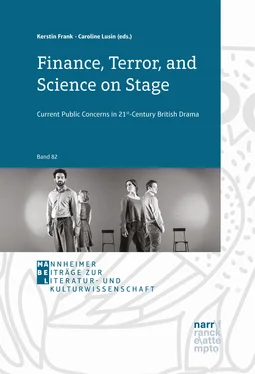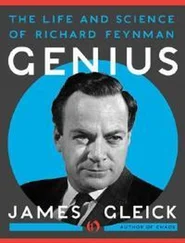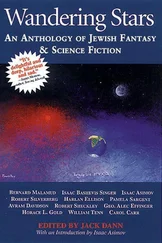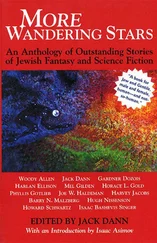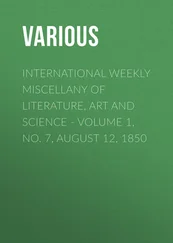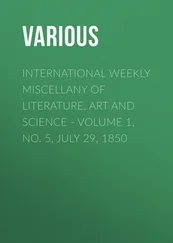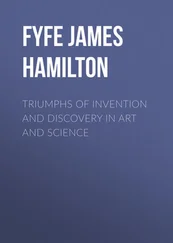The essays and plays discussed in this volume thus not only present a variety of topics but also a number of different dramatic genres that significantly shape the treatment of the topics, ranging from verbatim theatre ( Home ) over dystopian elements ( 13 and Wild East ) to social comedy ( Gone Too Far! ), history play ( The Empress ), and farce ( England People Very Nice ). In their in-depth analyses, the authors of the essays reveal how the playwrights employ and creatively modify specific genre traditions in order to shed light on different aspects and inherent paradoxes of the respective topic.
However, despite the thematic and formal variety of the plays, the analyses reveal that questions of identity – national, cultural, or personal – play a significant role in all of them. Of course, this has to do with the specific strategies of theatre to address topics by transferring them onto characters and character constellations. All the plays discussed here present characters whose sense of self and belonging is challenged, be it by the pressure of corporate workplaces on the employer, religious deliberations or cultural clashes. But to our mind, the persistent undercurrent of identity in all these texts also encapsulates a general post-millennial trend in British society and culture: an almost obsessive engagement with the self that continues the way in which the 20 thcentury questioned the very concept of identity (cf. Bruder; Hall 1–17), further exacerbated by the various social, political, and technological challenges of the new century. Most recently, a range of further crucial events tested our conception of what this world is like – the ‘Brexit’ referendum, the election victory of Donald Trump in the U.S., the 2017 terrorist attacks in London and Manchester, and the setback for Theresa May in the 2017 election will all have consequences that are now hard to foresee, but they will certainly be addressed and subjected to rigorous critical analysis on the British stage.
Adiseshiah, Siân, and Louise LePage (eds.). Twenty-First Century Drama: What Happens Now . London: Palgrave Macmillan, 2016.
—. “Introduction: What Happens Now.” Twenty-First Century Drama: What Happens Now . Eds. Siân Adiseshiah and Louise LePage. London: Palgrave Macmillan, 2016.
Bruder, Klaus-Jürgen. “Das postmoderne Subjekt.” Zwischen Autonomie und Verbundenheit: Bedingungen und Formen der Behauptung von Subjektivität . Eds. Hans Rudolf Leu and Lothar Krappmann. Frankfurt am Main: Suhrkamp, 1999. 49–76.
Goddard, Lynette. Contemporary Black British Playwrights: Margins to Mainstream . Houndsmills, Basingstoke: Palgrave Macmillan, 2015.
Hall, Stuart. “Introduction: Who Needs ‘Identity’?” Questions of Cultural Identity . Eds. Stuart Hall and Paul du Gay. London: Sage, 1996. 1–17.
Haydon, Andrew. “Theatre in the 2000s.” Modern British Playwriting 2000–2009: Voices, Documents, New Interpretations . Ed. Dan Rebellato. London et al.: Bloomsbury, 2013. 40–98.
Lane, David. Contemporary British Drama . Edinburgh: Edinburgh UP, 2010.
Middeke, Martin, Peter Paul Schnierer and Aleks Sierz (eds.). The Methuen Drama Guide to Contemporary British Playwrights . London: Methuen Drama, 2011.
—. “Introduction.” The Methuen Drama Guide to Contemporary British Playwrights . Eds. Martin Middeke, Peter Paul Schnierer and Aleks Sierz. London: Methuen Drama, 2011. vii-xxiv.
Sierz, Aleks. Rewriting the Nation: British Theatre Today . London: Methuen Drama, 2011.
—. “Introduction.” The Methuen Drama Book of Twenty-First Century British Plays . Ed. Aleks Sierz. London et al.: Bloomsbury, 2010. vii-xviii.
Rebellato, Dan (ed.). Modern British Playwriting 2000–2009: Voices, Documents, New Interpretations . London et al.: Bloomsbury, 2013.
Rebellato, Dan. “Introduction: Living in the 2000s.” Modern British Playwriting 2000–2009: Voices, Documents, New Interpretations . Ed. Dan Rebellato. London et al.: Bloomsbury, 2013. 1–39.
Tönnies, Merle (ed.). Das englische Drama der Gegenwart: Kategorien – Entwicklungen – Modellinterpretationen . Trier: Wissenschaftlicher Verlag Trier, 2010.
Travis, Alan. “Fear of Immigration Drove the Leave Victory – Not Immigration Itself.” The Guardian . 24 June 2016. https://www.theguardian.com/politics/2016/jun/24/voting-details-show-immigration-fears-were-paradoxical-but-decisive. Accessed on 22 April 2017.
Wilkie, Fiona. “The Production of ‘Site’: Site-Specific Theatre.” A Concise Companion to Contemporary British and Irish Drama . Eds. Nadine Holdsworth and Mary Luckhurst. Malden et al.: Blackwell, 2008. 87–106.
I. Politics
Still/Again ‘Political’? New Approaches to Questioning Power in Mike Bartlett’s 13 (2011)
Merle Tönnies
1. Austerity, Protest, and Political Discourse in the Second Decade of the 21 stCentury
The General Election on 6 May 2010 put an end to 13 years of Labour government and brought David Cameron’s coalition of Conservatives and Liberal Democrats to power. The British deficit had been represented as the crucial problem of the country in the Conservatives’ election campaign (cf. Clarke et al. 3), and consequently the Chancellor of the Exchequer George Osborne introduced an ‘emergency budget’ on 22 June 2010, which comprised a number of measures to reduce the debt purportedly incurred by the previous government and win back the confidence of the global markets (cf. Osborne). The approach of reducing welfare spending and public expenditure in general, freezing public sector pay for two years and raising VAT, quickly came to be subsumed under the label ‘austerity’ – a much disputed concept that has been defined as “a form of voluntary deflation in which the economy adjusts through the reduction of wages, prices, and public spending to restore competitiveness” (Blyth 2). Researchers have not only been critical of whether such measures make sense for achieving economic recovery (cf.e.g. Blyth 4f.; Clarke et al. 36–40), but austerity is frequently understood still more negatively as a discursive “excuse to engineer a fundamental restructuring of the public sector” (Atkinson/Roberts/Savage 10), challenging the basic understanding of welfare and the state’s relationship with its citizens (cf. Farnsworth/Irving 2, 36). In this way, the status of the concept in British politics of the early 2010s approaches that of a “myth” (ibid. 14), hiding its ideological implications under a surface of “‘simple’ economics” (ibid. 35). Such mythical naturalisation processes (according to Roland Barthes’ understanding of the term) were also supported by the “progressive mathematicisation ” (Atkinson/Roberts/Savage 6, emphasis in original) of economics, which gave austerity a seemingly objective foundation in figures. What this veiled and what researchers were quick to point out, however, is the concept’s close link with existing social power structures. Kevin Farnworth and Zoë Irving have emphasised the “hegemonic qualities” of austerity, which are intensified by the ambiguities associated with it and succeeded in making it “the organising logic of public spending” in Britain from 2010 onwards (12–3). Similarly, Mark Blyth has stressed the close relationship with power by calling austerity an “ ideology immune to facts and basic empirical refutation” (226, my emphasis). Indeed, it is easily possible to understand austerity as part of the much broader ideology of neoliberalism, which increasingly gained ground in the UK and beyond in the 2010s (cf. Atkinson/Roberts/Savage 4–5; Harvie 192).
Читать дальше
